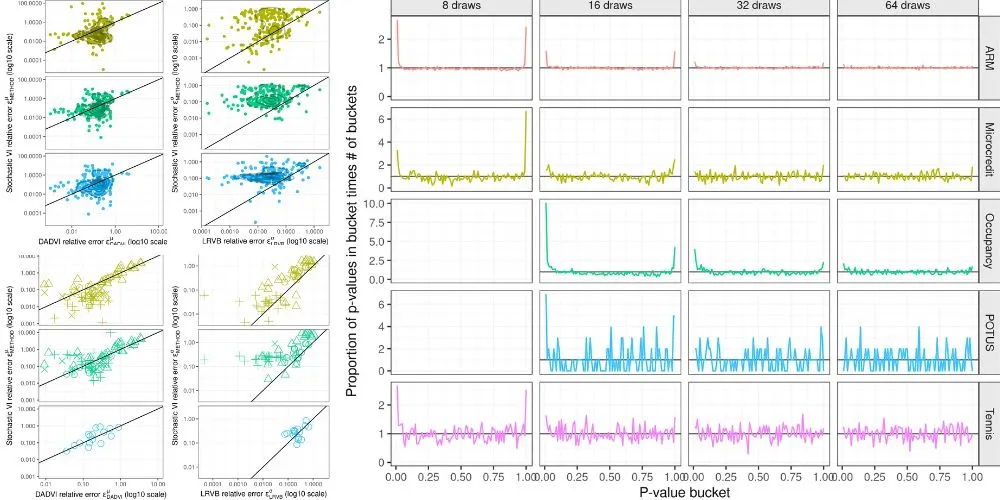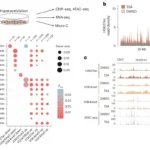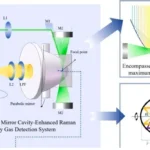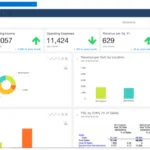Key Points:
- Bayesian inference, a widely used scientific technique, has been accelerated by introducing deterministic ADVI (DADVI).
- DADVI automates the Bayesian inference process, providing faster and more accurate estimation of unknown parameters from data.
- DADVI’s efficient approximation method, sample average approximation, outperforms traditional techniques, achieving faster results with fewer computational steps.
- Researchers tested DADVI on various real-world models and datasets, demonstrating its effectiveness across different scientific domains.
Bayesian inference, a fundamental technique used by scientists in various fields, has received a significant speed boost by introducing a new optimization method developed by the University of California, the University of Melbourne, and the Massachusetts Institute of Technology.
The paper was recently published in the Journal of Machine Learning Research. This advancement promises faster and more accurate estimation of unknown parameters from data, reducing the computational burden and manual effort scientists require.
The new technique, deterministic ADVI (DADVI), automates the Bayesian inference process, allowing researchers to input their models and obtain results efficiently. Unlike previous methods like automatic differentiation variational inference (ADVI), DADVI provides reliable uncertainty estimates, which is crucial for understanding the reliability of predictions.
With DADVI, researchers can quickly analyze complex scientific quandaries incorporating Bayesian inference, such as predicting election results, studying economic impacts, or ranking sports players. By streamlining the computational process, DADVI simplifies the workflow for scientists across diverse research areas.
The key innovation of DADVI lies in its efficient approximation method, called sample average approximation, which accurately estimates unknown quantities with fewer computational steps. This method defies conventional wisdom by outperforming popular techniques like stochastic gradient, achieving faster and more reliable results.
Researchers tested DADVI on various real-world models and datasets, demonstrating its effectiveness in estimating unknown parameters quickly and accurately. The technique proved valuable for economists evaluating the impact of microcredit loans and ecologists studying species presence, among other applications.
In the future, the researchers aim to refine DADVI’s uncertainty correction methods further to enhance its accuracy and reliability. This ongoing development underscores the continuous effort to improve scientific analysis techniques and empower researchers in their quest for knowledge.





